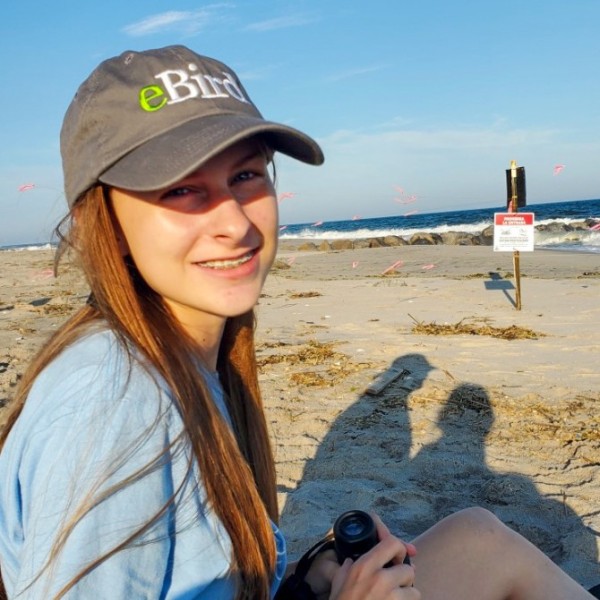Melanie Stansbury M.S. ‘07 came to Cornell intending to earn her Ph.D. in development sociology, with a focus on the governance of water and resolving policy conflicts around tribal and indigenous water rights. One impactful course influenced the trajectory of her career: Environmental Policy Processes (NTRES 4300). The year-long course includes traditional classroom learning in fall and spring, and a 12-day January component where students live together in Washington, DC and meet, interview, and learn from policymakers, agency staffers, and non-governmental organizations.
Now a Congresswoman representing New Mexico’s 1st Congressional District, Stansbury is writing legislation that focuses on the nexus between science, economic development, community wellbeing, and environmental sustainability.
“I ended up in government because of that class,” she said. “It gave me the opportunity to talk with people who worked on the Hill, who worked in the White House, who were in the agencies. It was literally that class that got me interested in actually going into public policy work. Many of the connections I made through that class continue to be professional connections and colleagues and mentors who I still work with today.”
Faculty in the Center for Conservation Social Sciences have been teaching the Environmental Policy Processes course for 35 years, opening career pathways for students and helping them learn how to effectively influence federal environmental policy.
Navigating the policy environment
Barbara Knuth, Associate Director of CCSS and Professor in the Department of Natural Resources and the Environment (DNRE), co-developed the course first offered in 1987, with colleagues Bruce Wilkins and Richard McNeil, both late emeritus professors of natural resources.
“Knowing how to navigate the policy environment – how to influence policy and how to identify the important actors in the policy process – is really important to be an effective professional in the natural resource and environmental management world,” Knuth said.
Students enroll in a fall semester course where they are introduced to public policy processes and actors and prepare for an immersive experience in Washington, DC. During the January intersession, students and faculty stay at the Cornell Wolpe Center on Dupont Circle where they examine case studies on topics such as Arctic Ocean offshore oil drilling, coal ash disposal, and clean water policy. They learn from panels of professionals involved in environmental policy, including congressional staff, agency scientists, industry and business representatives, and environmental advocates. Students conduct interviews and do research on a policy brief of their choice, such as indigenous land claims, endangered species, high-speed rail, or shale gas drilling.
“Many students who take this course have never been to Washington, DC, and have never conducted an interview and they frequently feel nervous at first about talking with professionals,” Knuth said. “But when they come back from doing these interviews, they’ll say, ‘the interview went for two hours and they took me out to lunch afterwards.’ The students really get immersed and excited. The policy person gets excited by all the questions and enthusiasm the student is bringing and the student gets exposed to so many different ideas and career possibilities. It really has been a life-changing experience for many students, and the personal interactions are such a rich element of the course.”
The course is now taught by Bruce Lauber Ph.D. ‘96, CCSS Director and Senior Research Associate in DNRE, and Cliff Kraft ‘75, Professor in DNRE.
Cultivating networks
Rachel Erlebacher ‘16 took the course while completing her degree in Environmental and Sustainability Sciences. Now a professional staff member for the Senate Appropriations Committee, Erlebacher oversees funding requests on agriculture, rural development, and the Food and Drug Administration, among others.






